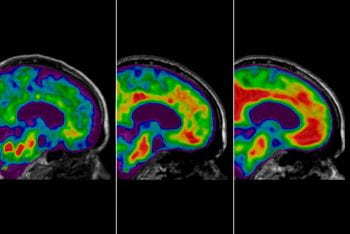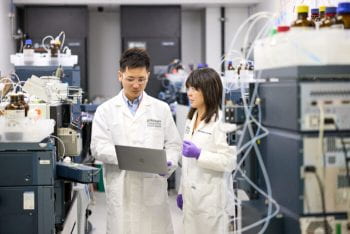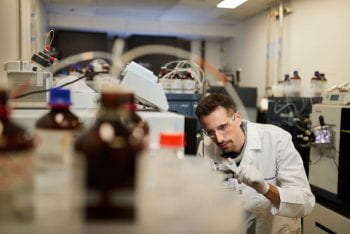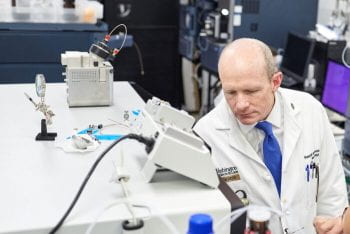Now that there are drugs to treat Alzheimer’s, blood tests to detect it will likely become an attractive, low-cost option to decide who can get treatment. Some tests are more accurate than others.
New blood tests can help diagnose Alzheimer’s — but some aren’t as accurate as others (Links to an external site)




